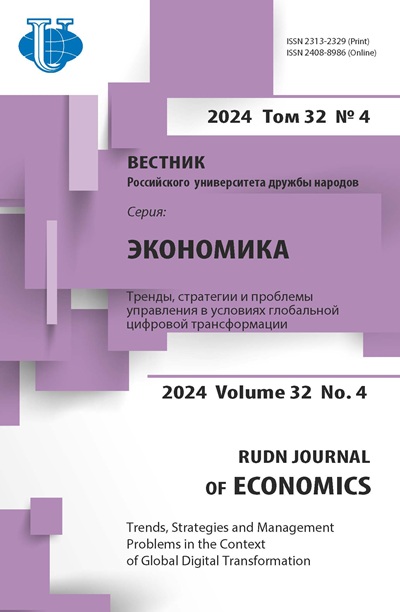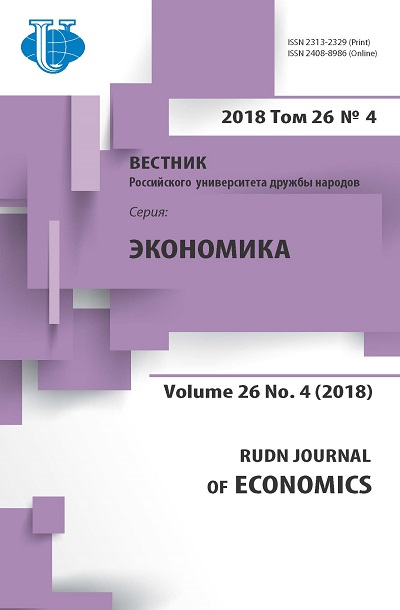Abstract
Innovation is the main source of long-term economic growth, the basis of competitiveness in world markets and the source of solutions to social challenges, and human capital (HC) is the driver of economic efficiency and achievement of the country’s competitive advantages. Unfortunately, Russia is far behind the capacity not only of the developed world, but also to fast-growing economies, in most indicators that characterize the level of development of scientific and technical potential. This problem is further exacerbated by the negative dynamics of the HC. The technological inferiority can lead the country to dependence on highly developed countries, and, consequently, to worsening of its security situation and loss of sovereignty, to weakening and “diluting” the country’s HC. To address these problems, Mr. Vladimir Putin, President of the Russian Federation, signed the “May decree” defining the national development goals of the country until 2024. There was carried out data analysis of the reports of the UN, the World Bank, WEF in Davos, Russian Federal State Statistics Service and other sources to explore the level of the development of the Russian HC and its role in the national development. There were completed the calculations of the Human Development Index (HDI) according to the UN methodology for 2025 and 2030 on their basis. Econometric models for analyzing and forecasting the development of the Russian HC in the near future under different scenarios were constructed with the Eviews 9.5. The forecasting calculations of the HDI showed that if the “May Decree” is implemented at least to a greater extent, many of the Presidential instructions to the Federal Assembly will be fulfilled, and the digitalization of the Russian economy will contribute to “the country’s entry into the top 10 countries with economic growth rates higher than the world”.















